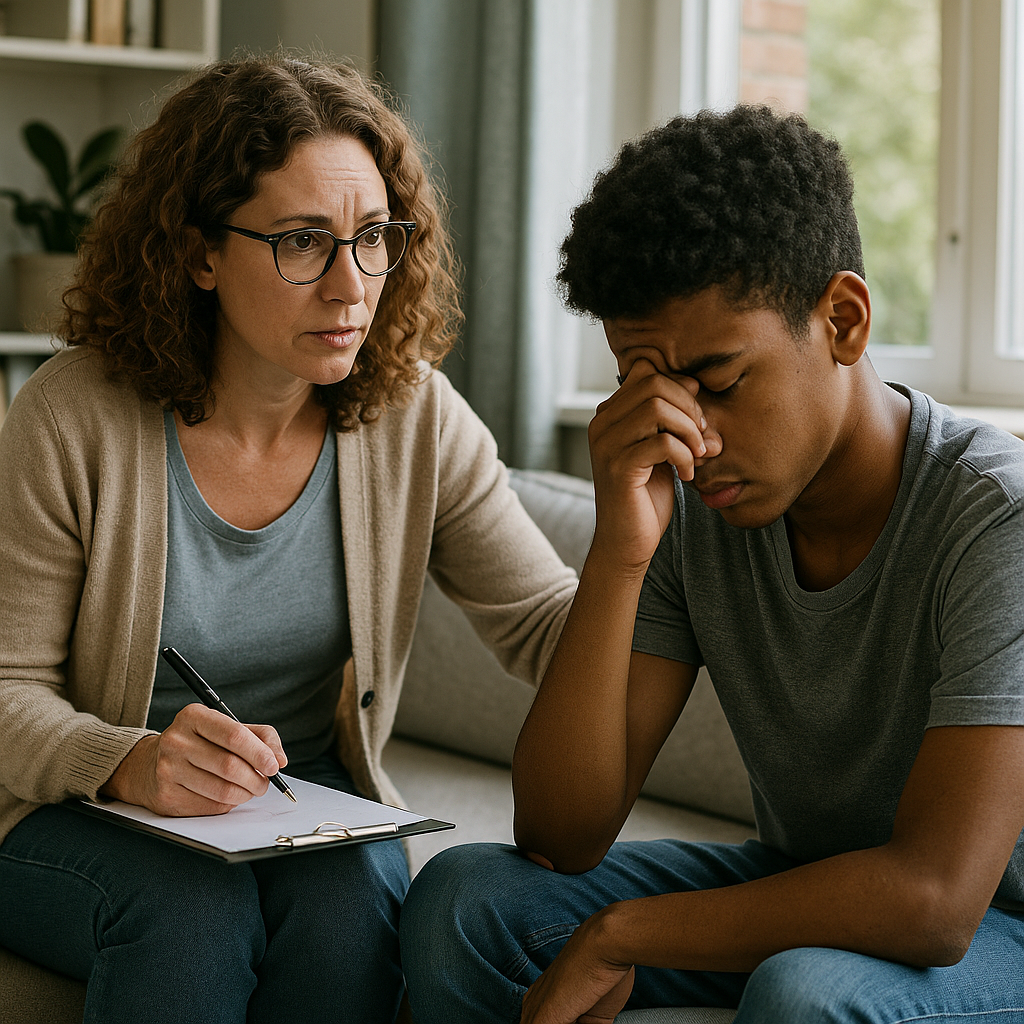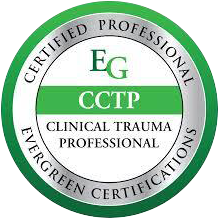By using our website, you agree to the use of cookies as described in our Cookie Policy
Mental Health Check-Ins for Silver Spring Teens

Stress hits Silver Spring teens hard. School, friends, and social pressure pile up fast. Some teens get quiet. Others get angry. It’s not always obvious, but it’s there. Check-ins aren’t just a nice idea. They’re a way for teens to get real support before things get worse.

What Teens Face Every Day
School isn’t just about grades. It’s about hallway drama, group chats, and the constant buzz of social media. One bad test can feel like the end of the world. A fight with a friend can make a whole week feel off. Teens in Silver Spring deal with packed schedules, college talk, and the pressure to look like they have it all together. Underneath, anxiety builds. Sleep gets choppy. Appetite disappears. Some teens pull away. Others lash out. The signs are there, but they don’t always shout.
Why Check-Ins Matter
Most teens won’t say, “I need help.” They show it. Missed assignments. Skipped practices. Mood swings that come out of nowhere. Regular check-ins break the silence. They give teens a chance to talk without fear of judgment or lectures. A simple question: “How are you, really?” can open the door. But sometimes, teens need more than a parent’s ear. That’s where individual therapy sessions step in. These sessions offer privacy. No lectures. No pressure to perform. Just space to sort out what’s going on inside. When teens are ready, we provide a safe, confidential environment where they can open up and work through their challenges at their own pace.
What Parents Need to Watch
Teens rarely spell out what’s wrong. Instead, the signs show up in daily life:
- Sleep patterns flip. Up all night, dragging all day.
- Food habits change. Skipping meals or eating everything in sight.
- Friends disappear. Favorite activities get dropped.
- Grades slip. Focus fades.
- Snapping at family. Mood swings hit hard.
- Headaches and stomachaches with no clear cause.
These shifts don’t always mean a crisis, but they never show up for no reason. When these patterns stick around, it’s time to act. Connecting with anxiety and depression support gives teens a lifeline. It also gives parents a clearer sense of what’s really happening. Our team at Plato Therapy is here to help families recognize these signs and guide them toward the right support.
Building Real Conversations
Teens spot fake concern a mile away. They shut down when they sense judgment or rushed advice. Real conversations start with listening. No interruptions, no quick fixes. Sometimes, the best check-in happens in the car, on a walk, or late at night when the house is quiet. Other times, teens open up to someone outside the family. Online therapy sessions make it easier for teens to talk on their own terms. No waiting rooms. No awkward silences. Just a screen and a safe space to talk. We offer flexible online options so teens can connect with a therapist in a way that feels comfortable and accessible.
Support That Fits Silver Spring Teens
Every teen brings a different story. Some feel crushed by academic pressure. Others struggle with family changes or shifting friendships. Local therapeutic approaches don’t use a one-size-fits-all plan. Therapists in Silver Spring know the local schools, the community atmosphere, and the unique stressors teens face here. They help teens build real-world skills, such as setting boundaries, handling setbacks, and finding their own voice. Therapy isn’t about fixing teens. It’s about giving them tools to handle what life throws their way.
School Pressure and Mental Health
Grades, tests, and college applications pile up fast. For some teens, the pressure never lets up. They stay up late, chase perfection, and worry about falling behind. Stress shows up in headaches, stomach pain, and constant fatigue. A trauma-informed therapist helps teens spot the signs of burnout early. They teach practical ways to manage stress, such as breaking big tasks into smaller steps, setting realistic goals, and learning when to take a break. Teens learn to balance ambition with self-care. They stop seeing setbacks as failures and start seeing them as as part of the process.
What Real Support Looks Like
- Consistent check-ins at home and with professionals
- Safe spaces to talk, vent, and ask questions
- Clear boundaries around screen time and social media
- Encouragement to try new activities, even if they’re outside the comfort zone
- Access to therapy that fits the teen’s schedule and needs
Support isn’t about hovering or fixing every problem. It’s about showing up, listening, and connecting teens with the right resources. Sometimes, that means stepping back and letting a professional take the lead. Other times, it means being the steady presence a teen can count on, no matter what.
Schedule Your Teen's First Session
Contact Plato Therapy at (301) 775-5445 or schedule a consultation to start supporting your teen's mental health today.
‹ Back









